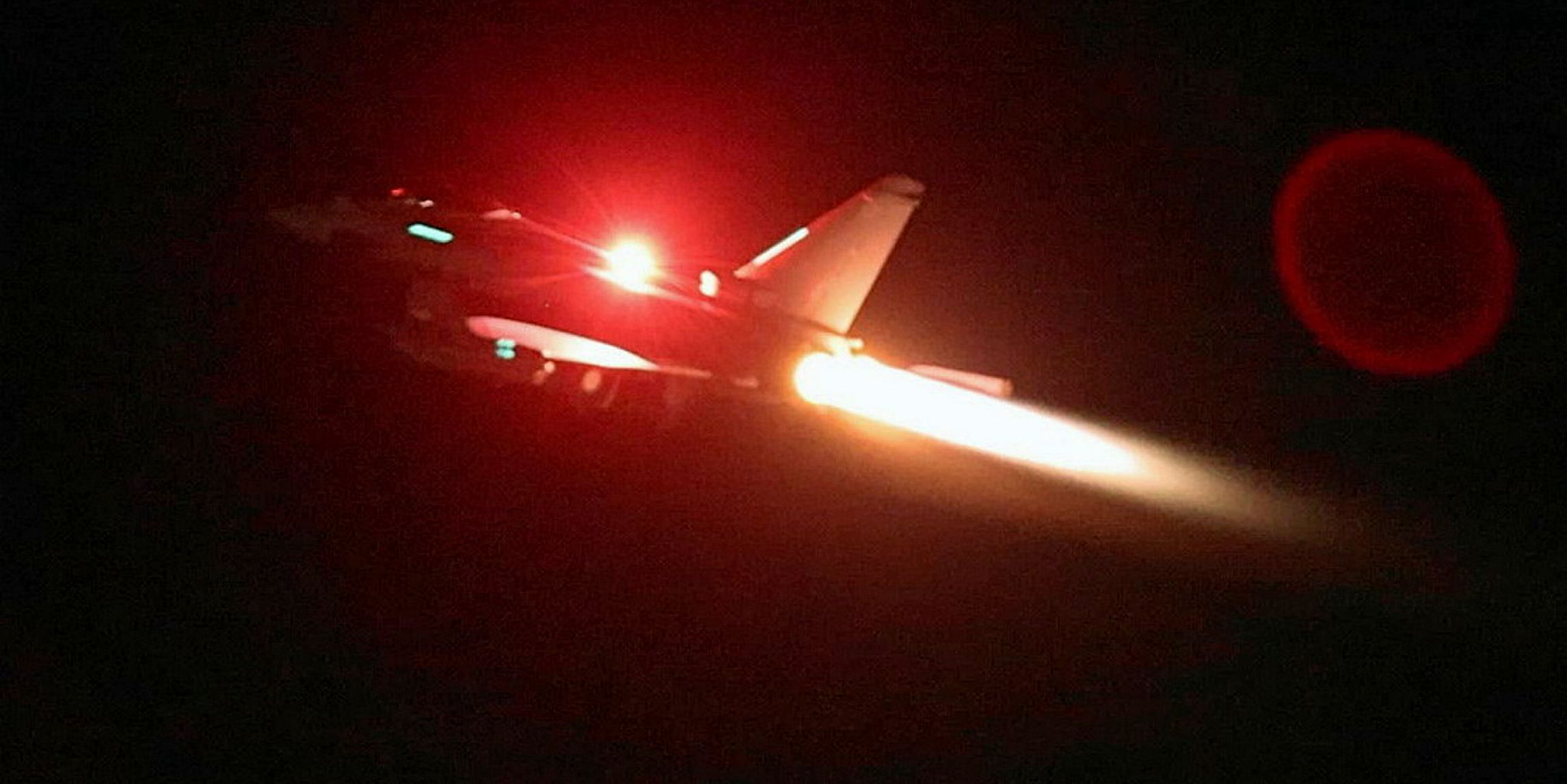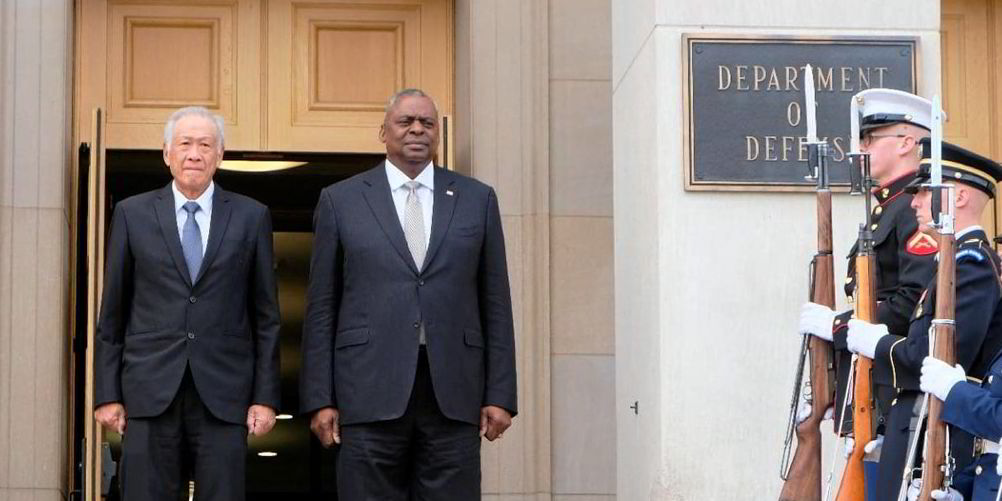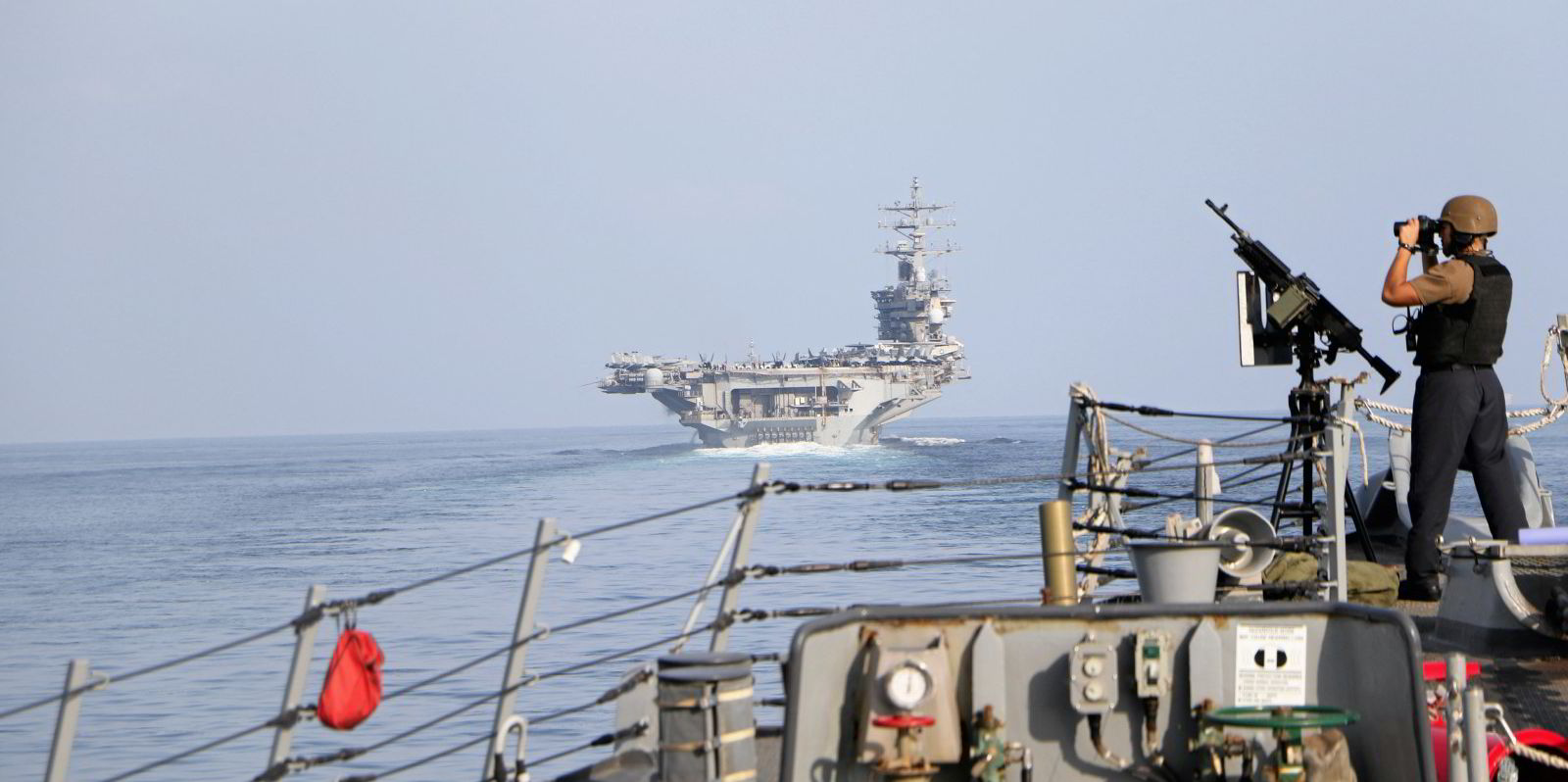Singapore did not participate in last week’s military strikes against the Houthi rebels in Yemen, the Ministry of Defence (Mindef) has confirmed.
In response to media queries, the ministry said on Saturday that Singapore military personnel are participating in Operation Prosperity Guardian, a naval coalition launched to protect merchant shipping in the Red Sea.
However, “Operation Prosperity Guardian is unrelated to the military strikes against the Houthis”, it added.
On Thursday last week, US and UK forces launched airstrikes against targets in Yemen with support from Australia, Canada, the Netherlands and Bahrain.
US Central Command said the strikes were designed to degrade the Houthis’ capability to continue their attacks on US and international vessels and commercial shipping in the Red Sea.
The action was said to have targeted radar systems, air defence systems, and storage and launch sites for one-way attack unmanned aerial systems, cruise missiles and ballistic missiles.
Last week, Singapore confirmed that it was contributing personnel to Western-led security operations in the region, but that no naval ships would be offered to the US-backed maritime security operation designed to protect commercial shipping in the Red Sea.
Members of the Singapore Armed Forces are expected to be used in support roles at Combined Maritime Forces in Bahrain, which is running Operation Prosperity Guardian, Singapore defence minister Dr Ng Eng Hen told Singapore’s parliament.
Involving more than 20 countries, the operation focuses on efforts to protect vessels against security threats, such as through information sharing and maritime patrols.
There have been more than 25 attacks on commercial shipping in the Red Sea by Yemen-based Houthi forces, including on the Singapore-flagged 15,200-teu Maersk Hangzhou (built 2018), which was targeted twice, on 30 and 31 December.
Prior to the attacks, about 60 ships passed through the Bab el-Mandeb Strait in the Red Sea daily, but the number has dropped by one-third in recent weeks.
“Singapore-registered ships have also been affected, with the number of daily transits through the Red Sea now approximately halved,” Ng said.





